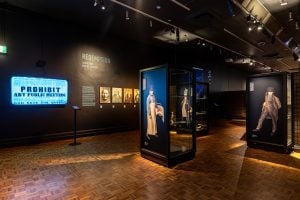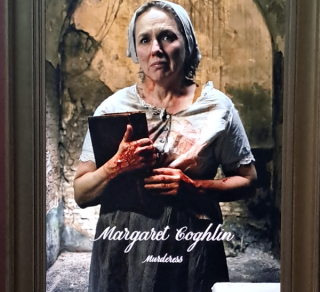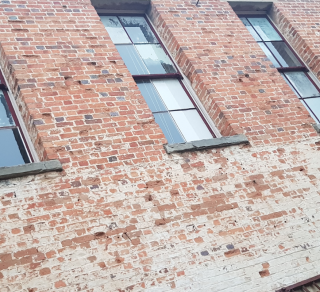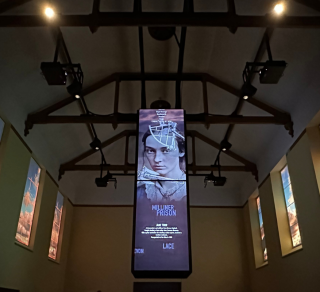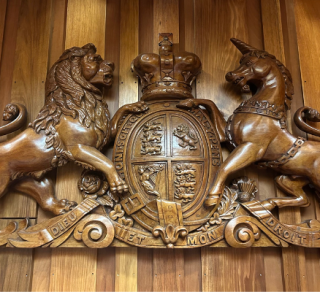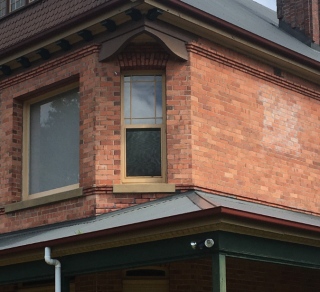Two exhibitions under the Unshackled banner are open in Hobart this year.
The National Trust’s Unshackled – Hobart Penitentiary is the home to the Convict Memorial, a digital history presentation drawn from the UNESCO listed convict records that allows visitors to explore the life stories of 75,000 convicts who came to Tasmania in 1803-1853.
A companion exhibition at the Tasmanian Museum and Art Gallery (TMAG), open until September 2024, tells a story of political action and convict resistance.
TMAG’s Unshackled – the True Convict Story tells a new story of convict Australia. It highlights the shared but different experiences of the dispossessed poor, the political radicals and First Nations resistors across Australia who were forced into the convict system. Convict transportation was one of the world’s largest forced migrations of unfree workers and this exhibition debunks the commonly held misconception of convicts as passive, traumatised victims. From the uprisings at Castle Hill, Norfolk Island and Bathurst to the strikes and rebellions on road gangs and in the female factories to the thousands who absconded from custody, convicts railed against their colonial masters at every turn both individually and collectively. These protests profoundly influenced the creation of Australia’s democratic institutions, the early emergence of a union movement and an egalitarian national identity.
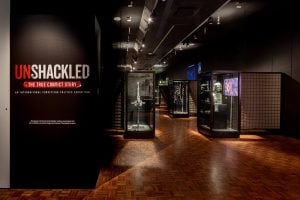
Unshackled melds traditional museum presentation and rare objects with engaging digital storytelling that is surprising, immersive and moving. Unshackled brings to life the stories and characters with interactive screen-based media, large screen data-visualisation, original music and soundscapes and augmented reality that lead the visitor through the exhibition themes: repression, exploitation, rebellion and redemption.
The Unshackled exhibition is based on Conviction Politics – a major Australian Research Council project lead by Monash University and Roar Film. Conviction Politics is a four-year collaboration involving highly regarded academics, historians, authors, social demographers, visual artists, filmmakers, animators, creative technologists, musicians, poets, songwriters and museum specialists in an array of different combinations. Conviction Politics brings together ten Australian and international universities and numerous cultural institutions, private organisations and individuals. The exhibition has been financially supported by The Mineworkers Trust and Maurice Blackburn Lawyers with foundational investment from the NSW Teachers Federation, Trade Union Education Foundation of the ACTU, Libraries Tasmania and Australian Manufacturing Workers Union and significant in-kind support from Roar Film, Monash University and the Tasmanian Museum and Art Gallery.
